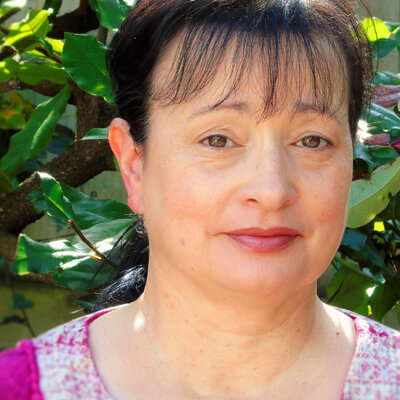Investigative Forensic Psychology
Msc
Postgraduate degree
- UCAS codes: Institution B20
- Investigative Forensic Psychology - programme document
Enhance your problem-solving skills through a combination of practical scenarios and academic learning on this exciting new Masters in Investigative Forensic Psychology
- Enhance your research skills with rigorous training across a range of quantitative and qualitative methods. You’ll be empowered to contribute meaningfully to investigative forensic psychology.
- Engage critically with psychological theory and develop the skills to apply your knowledge in multi-disciplinary, professional and real-world contexts.
- Practice working through complex moral and legal frameworks with professionalism and integrity.
Explore the exciting world of Investigative Forensic Psychology on this Bath Spa University MSc. This course will prepare you for advanced roles in a variety of settings including law enforcement, legal consulting, and policy-making.
Our Investigative Forensic Psychology course is carefully designed to provide an advanced understanding and skills that can be applied in various sectors, including law enforcement, government, business, legal settings, intelligence organisations, and social services. Our focus is on preparing students with specialised knowledge for roles that require expertise in forensic psychology, rather than preparing them for practitioner psychologist roles defined by the HCPC.
This Investigative Forensic Psychology degree will broaden your understanding of psychological theories applied in criminal investigations. You’ll develop your problem-solving skills and learn through a combination of practical scenarios and academic study.
This course is ideal for those looking to extend their professional scope and apply their skills in dynamic and impactful ways. You’ll be ready for the next step of your career in a field that bridges psychology with the justice system.
What you'll learn
Our Master's in Investigative Forensic Psychology gives you the skills needed to face today's criminal justice challenges. This programme enhances your academic and research abilities while deepening your practical understanding of the psychological elements of legal and correctional systems.
You'll explore various topics, including criminal behavior analysis, advanced investigation methods, and the impact on victims and communities. You'll benefit from examining topics through a lens of ethical practice.
In addition to acquiring specialised knowledge, you’ll have the opportunity to explore what interests you. The final project allows you to investigate an area of investigative forensic psychology that particularly interests you. This could be through developing new assessment tools, enhancing intervention strategies, advocating for policy changes, or conducting influential research.
Potential projects could include:
- Developing innovative approaches to offender rehabilitation.
- Campaigning for improvements in the treatment of crime victims.
- Contributing to influential research papers that shape industry standards.
- Creating training programmes for law enforcement on psychological tactics.
- Researching cross-cultural forensic practices in criminal justice settings.
You’ll finish the course with a transformative project that not only showcases your expertise but also aims to advance the criminal justice field.
At BSU, our courses are designed to equip our graduates with the knowledge and skills they’ll need for the real world. To do this, we are continually improving our courses by responding to feedback from students and other stakeholders. This may mean changes may be made to the curriculum. You’ll always be given notice of any such changes.
For more information on how we approach such changes at the university, please read our policies on
You’ll start with the foundations of investigative forensic psychology at the postgraduate level. As the course progresses, we'll gradually introduce more complex theories and methods. You’ll also choose modules to explore different aspects of forensic psychology according to your personal and professional interests.
In your second trimester, you’ll dig deeper into advanced topics and research methodologies. This includes intensive training in research ethics and design, which is important for your dissertation and ethical practice.
Your study will be complemented by further optional modules. These will enhance your understanding of specific forensic psychology areas. The year ends with your Master’s Dissertation, an extensive research project that you’ll complete with the support of your academic supervisors.
This project allows you to showcase your comprehensive knowledge and research skills, making a meaningful contribution to investigative forensic psychology.
Your first year as a part-time student mirrors the full-time structure but at a pace suited to part-time study.
You’ll be evaluated through various coursework and practical assignments, such as proposals, case formulations, reports and practical projects.
Many assessments are designed to reflect real-world scenarios, preparing students for employment or further study through policy briefs, case studies, literature reviews, and research reports.
This variety of assessment methods and move away from traditional exams builds transferable, work-ready skills, integrating employability throughout the degree.
You’ll be taught through lectures, workshops, practical sessions, and one-on-one tutorials with your dissertation supervisor and academic advisor.
Your contact time through structured in-person, face-to-face learning will be complemented by extensive independent study.
To find out more about how we teach and how you'll learn, please read our information on Your Learning and Teaching at BSU.
Course modules
This course offers or includes the following modules. The modules you take will depend on your pathway or course combination (if applicable) as well as any optional or open modules chosen. Please check the programme document for more information.
- Understanding Crime: Psychological Perspectives, Offenders, and the Legal System
- Investigating Crime Through Theory and Research
- Psychology of Serious Crime Investigation
- Advanced Research Methods
- Forensic Psychology Dissertation .
At BSU, our courses are designed to equip our graduates with the knowledge and skills they’ll need for the real world. To do this, we are continually improving our courses by responding to feedback from students and other stakeholders. This may mean changes may be made to the curriculum. You’ll always be given notice of any such changes.
For more information on how we approach such changes at the university, please read our policies on
Social media
Follow @BSUPsychology on Instagram to read our latest news and see what our Psychology students and staff are up to.
Opportunities
BSU has established strong connections with various local organisations that provide students with optional opportunities to gain valuable work experience while studying. These partnerships are intended to enhance academic learning, although their availability may vary.
Upon completing the MSc in Investigative Forensic Psychology, you’ll have developed a strong set of transferable and subject-specific skills that significantly enhance your employability across various sectors.
This program prepares you for multiple roles in law enforcement, security, government and policymaking, social services, community corrections, non-governmental organisations, research, business, and beyond.
The flexible curriculum includes various module options that allow you to tailor your studies to align precisely with your career ambitions.
Whether you aim to contribute to public policy, engage in advanced research, or work directly in crime prevention and investigation, this course equips you with the knowledge and skills to excel in your chosen path.
You will have access to BSU’s Careers and Employability team, who offer one-to-one careers advice, including CV support, to help you achieve your career goals. The team also provides a range of support services for recent BSU graduates, guiding you through the next steps in your career post-degree.
Run by students, the Psychological Society offers a variety of academic and social activities throughout the year to enhance your journey in Psychology at BSU.
Previous opportunities have included talks and workshops from lecturing staff, drop-in study support sessions, and quiz and film nights.
For more information, visit the Psychological Society’s webpage or check out their Instagram page (@BSU_Psych_Soc) to see what they've been up to.

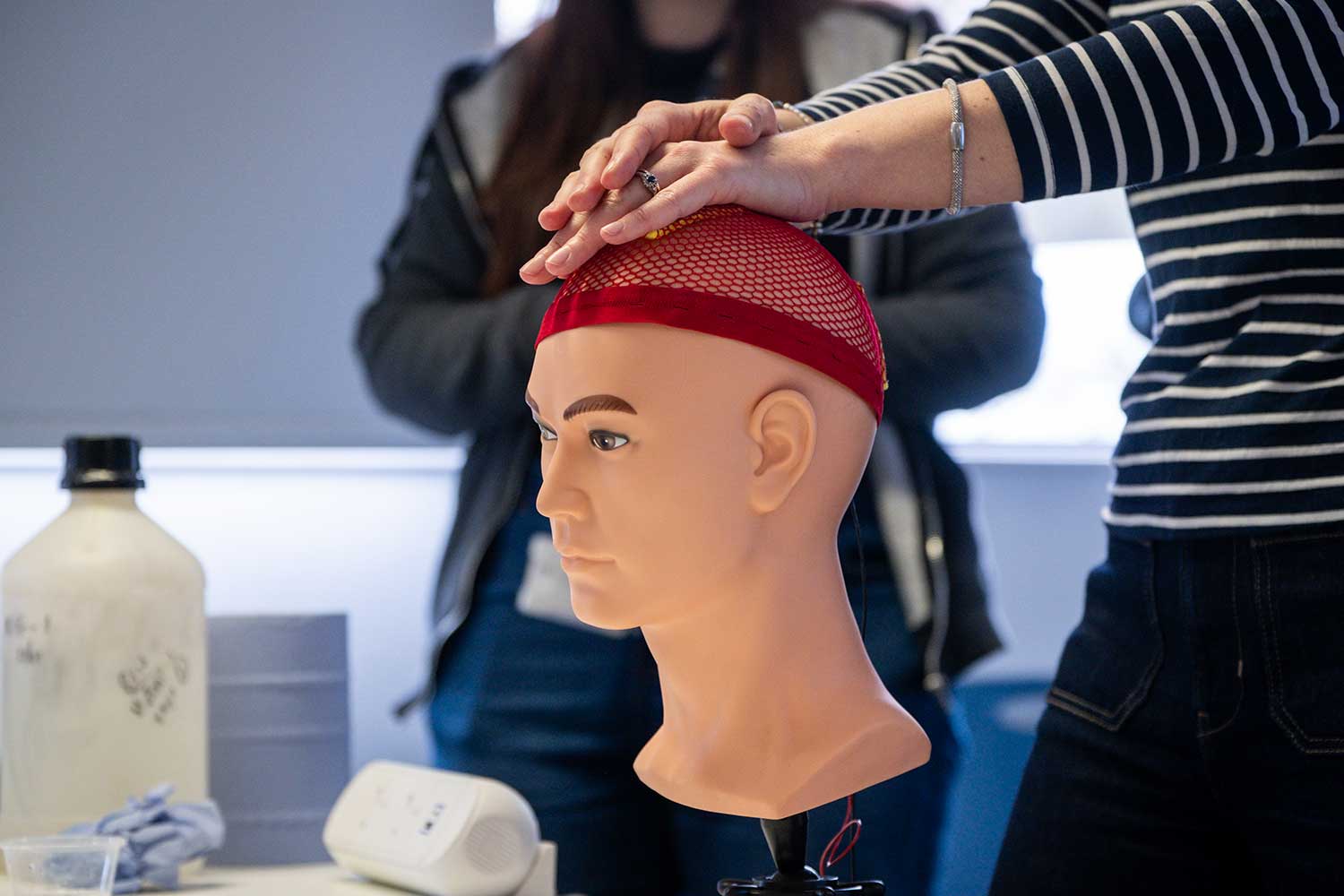
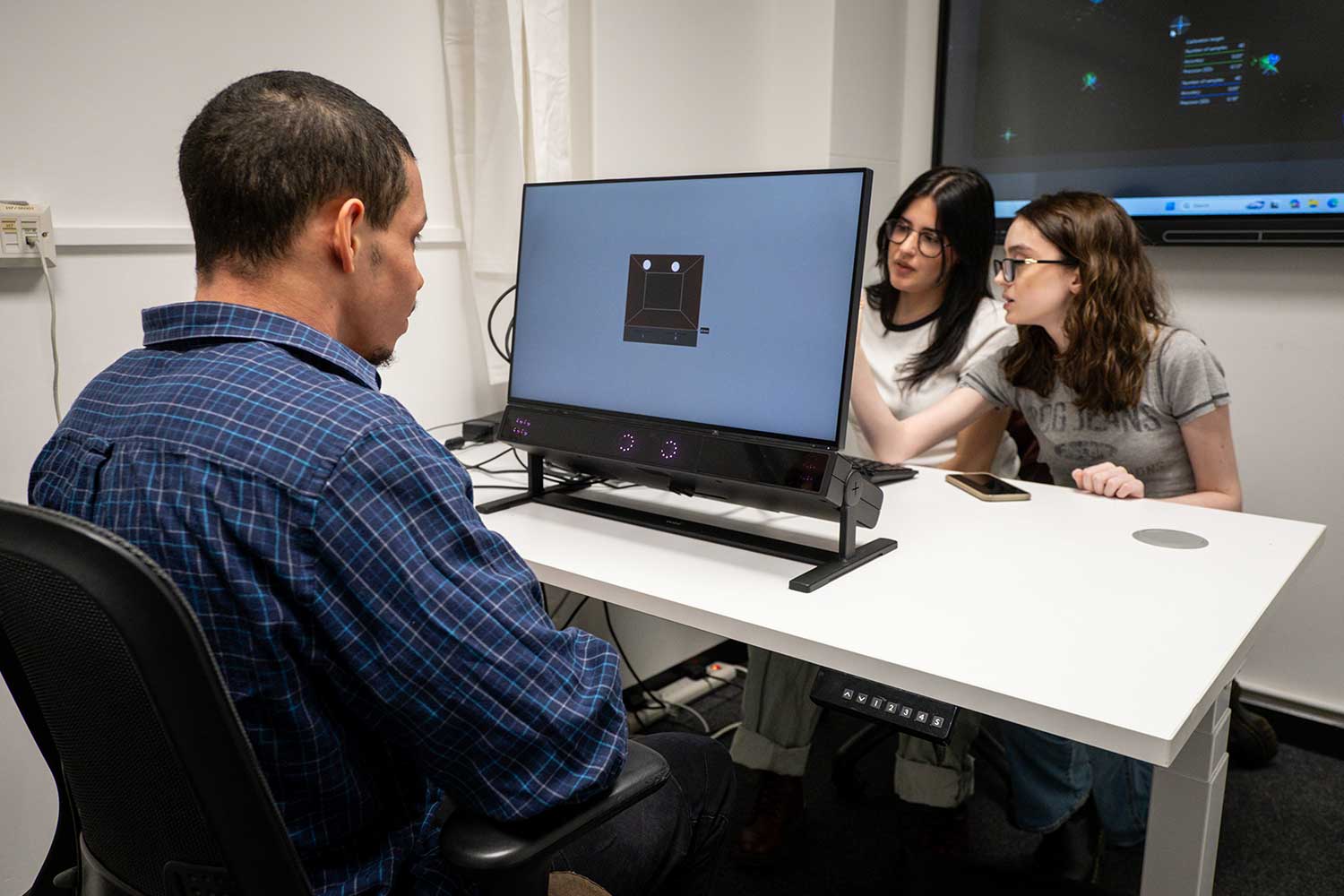
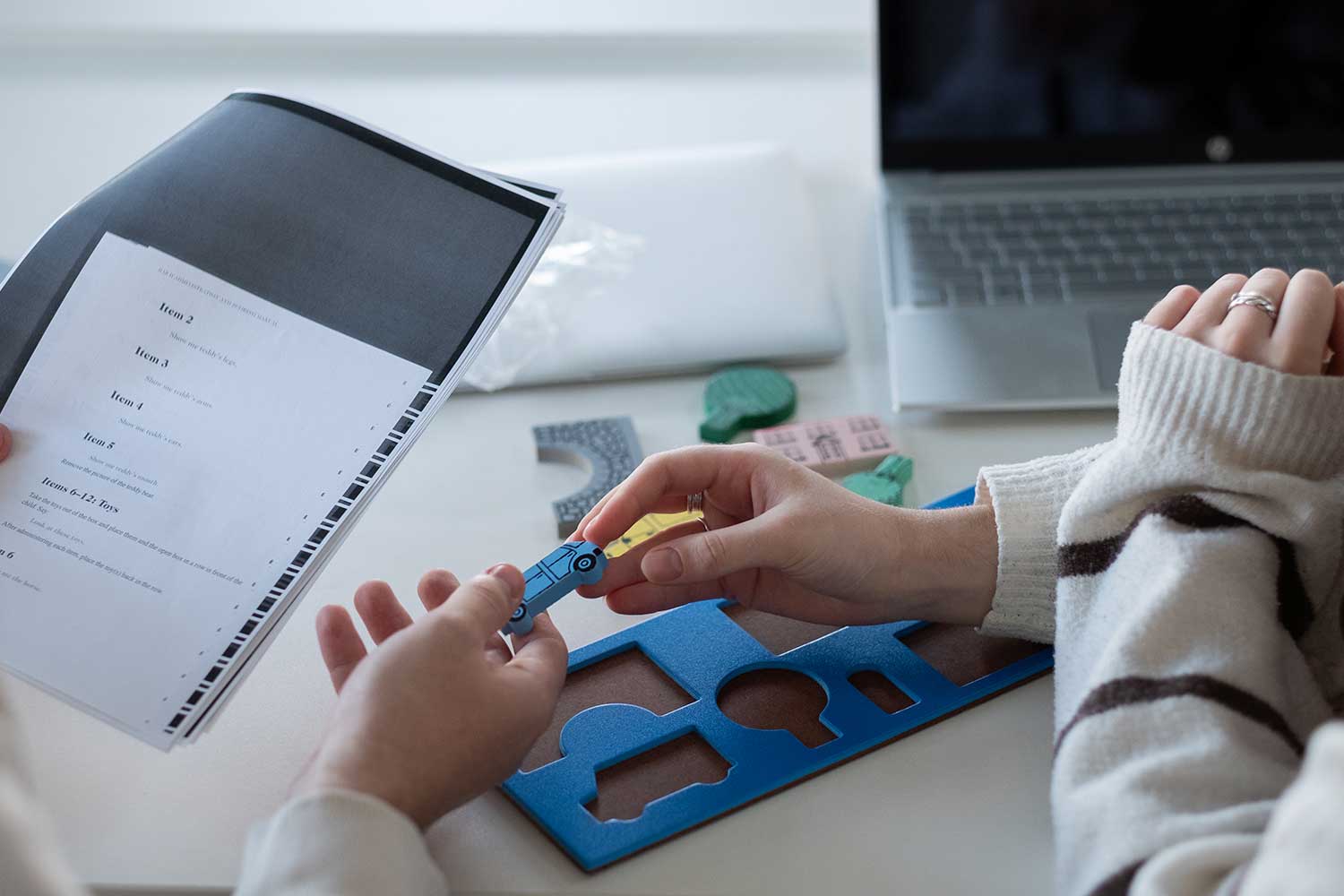
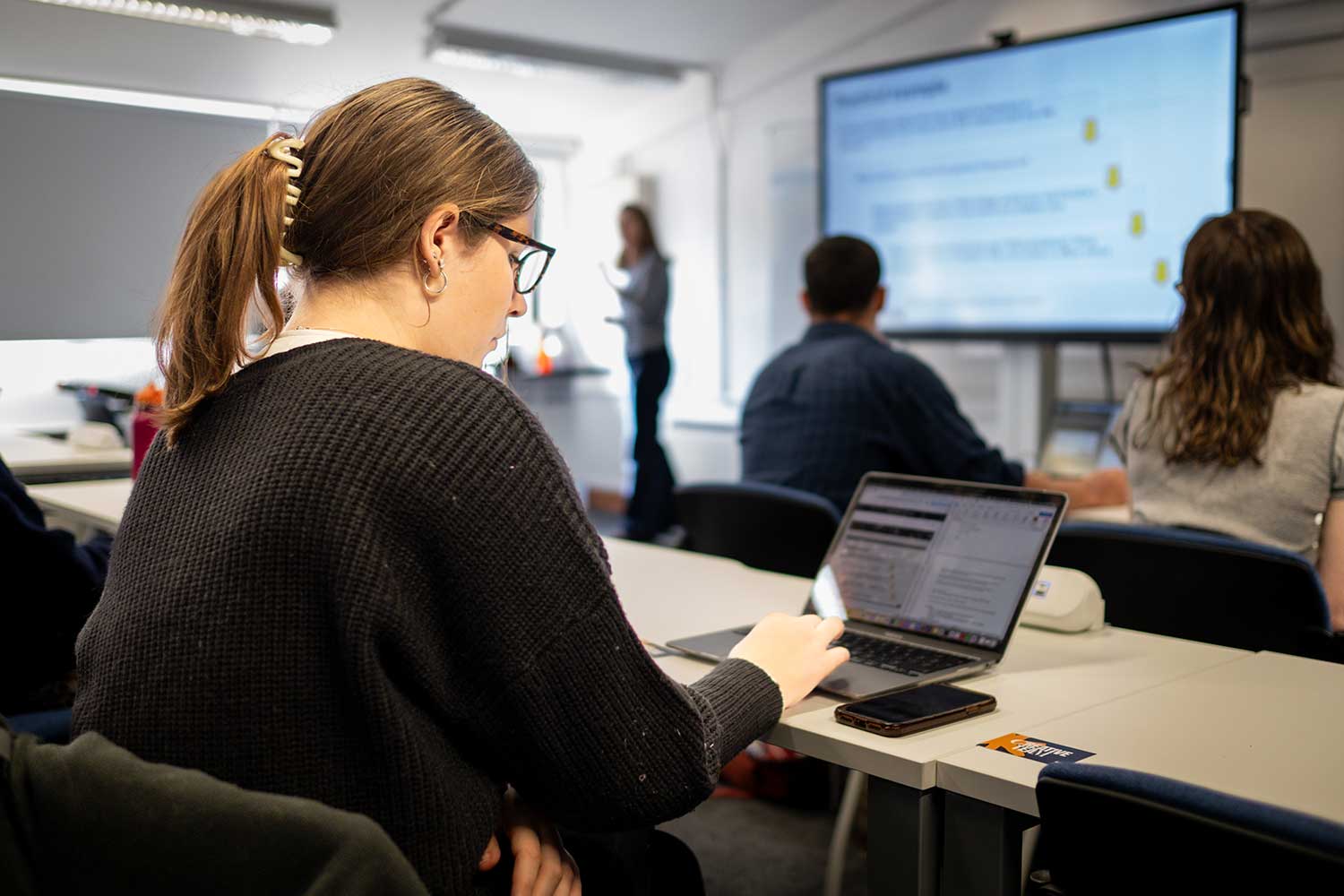
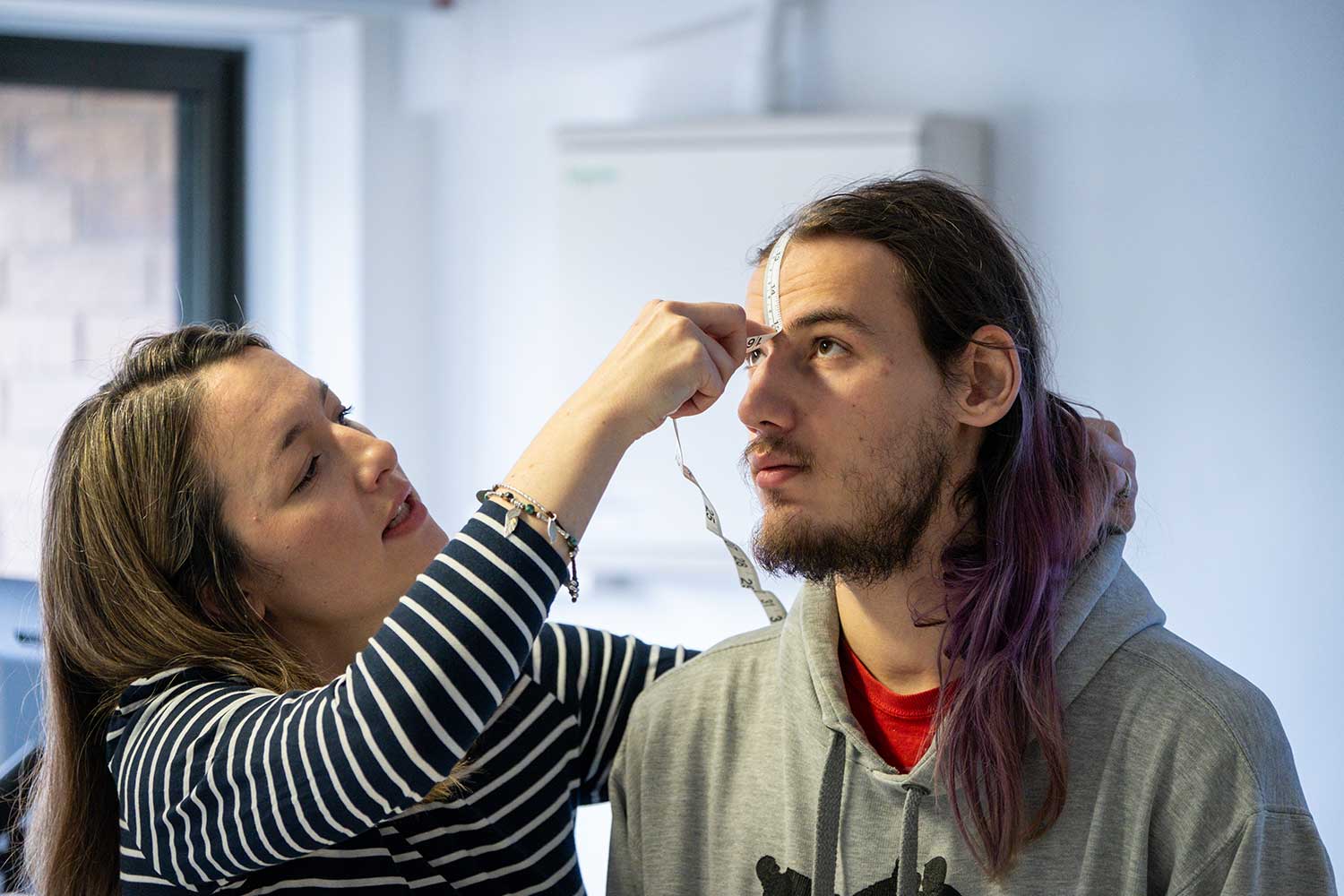
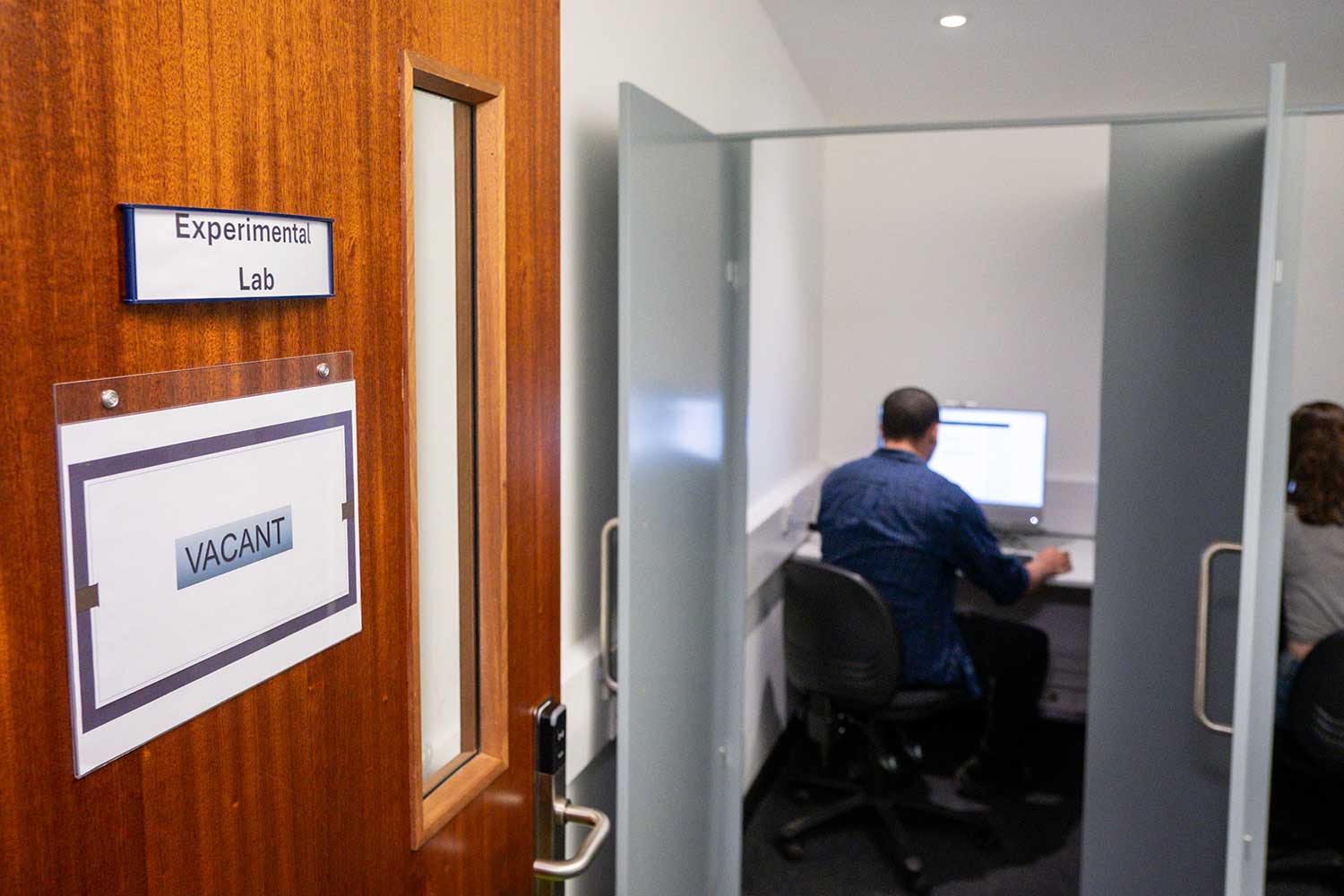

Facilities and resources
Psychology is taught at our Newton Park campus.
You'll have access to a wide range of excellent facilities including:
- Psychology labs
- Commons building
- Newton Park library
- Virtual Learning Environment
- Academic Skills (ASk)
- Specialist resources and subject librarian
- English Language Unit (if English isn’t your first language)
Teaching resources include access to psychology-specific journal articles through PsycINFO and PsycARTICLES, as well as EBSCO (online access to over 400 Psychology-related journals).
Various specialist software, such as SPSS (statistical computer software for analysing quantitative data) and NVivo for qualitative data analysis can be freely accessed by students, whilst Qualitrics and PsychoPy are available for use during dissertation research.
We also have a large battery of psychometric and neuropsychological tests for use.
You will have access to our newly refurbished Psychology laboratory spaces, equipped with specialist equipment for dissertations, staff research, and relevant modules.
These facilities include an eye-tracking lab with a Tobii eye-tracker, a Neuropsychology lab with EEG and tDCS equipment, an interview and observational room with a one-way mirror, and an experimental lab with individual testing cubicles for simultaneous computer-based experiments.
Our dedicated Psychology Technicians are available to support you in using the equipment and lab spaces, and students can also hire various equipment using SISO, Bath Spa University’s free equipment loan service.
All modules can be found on our Virtual Learning Environment, Ultra, providing unlimited online access to learning materials such as handbooks, lecture slides, assessment information, discussion boards and other resources.
You can also take advantage of the learning support provided across the wider University, such as:
- The Academic Skills service to develop your writing skills or learn how to use new techniques and technologies.
- Our Library gives you access to books, academic journals and DVDs and an extensive range of electronic services. It also provides a place for individual study and collaborative work.
- The Careers team run networking events and advisory workshops that explore your future options and the essentials of the job application process. They help you get experience by assisting with your search for work placements and paid part-time jobs while you're studying. When you're ready to progress into your chosen career, they can help you secure graduate-level employment, freelance opportunities, and funding for your own business ideas. Career support continues for years after you graduate with the dedicated Grad Support Unit.
- Our Student Wellbeing Services are also available to support you through your learning.
Develop a wealth of indispensable digital skills that you can take into your future career. One of only three Adobe Creative Campuses in the UK, we provide all Bath Spa students with access to the full Adobe Creative Suite, giving you the tools to communicate creatively, whatever your course or chosen professional field.
Not sure if this course is for you? Explore Psychology at BSU.
Fees
| Student | Annual tuition fee |
|---|---|
| UK full time | £9,450 |
| UK part time | £4,725 |
| International full time | £17,485 |
Additional course costs
You may need to pay additional course costs over and above your tuition fees, for example, for specialist equipment or trips and visits. Please check the course Programme Document (linked under the main image on this page) for details of any additional costs. You can also read our Additional Course Costs Policy for further information.
Funding opportunities
Please visit our Funding pages for an overview of the funding options that may be available, including scholarships and bursaries.
Interested in applying?
Applicants are generally expected to have a good honours degree in a related social science field (such as Psychology, Sociology, or Criminology) and a good understanding of psychological theories and methods. While not compulsory, related professional experience in contexts such as law enforcement, legal environments, or social services is highly valued and can be considered under our Accreditation of Prior Learning policy. See our Accreditation of Prior Learning (APL) web page to learn more.
We welcome students who are deeply interested in applying psychology to the legal and criminal justice fields. You'll be ready to engage with complex issues, using a foundation of knowledge to drive both practical solutions and theoretical advancements.
You'll be able to show a committed interest in forensic science, whether through volunteer work, internships, or relevant employment in areas related to criminal justice or social services.
Our ideal candidates are critical thinkers with strong problem-solving skills. You'll have effective communication skills. and be highly motivated.
We also ask for a personal statement explaining your interest in forensic psychology and your career aspirations. This should be accompanied with at least one positive academic or professional reference.
If English is not your first language, you'll need to provide evidence of proficiency in the English language. The Admissions Team assesses applications individually, but for postgraduate courses we're looking for:
- A minimum IELTS score of 6.5 with a minimum of 6.0 in each of the sub-tests (Writing, Listening, Speaking and Reading).
- TOEFL iBT with a minimum score of 75 with no less than 17 in each component.
- Pearson PTE with a minimum score of 58 with no less than 51 in each component.
- Academic qualifications taught in English can also be accepted, such as GCSE English Language with a minimum grade C/4.
Ready to apply? Click the "apply now" button in the centre of this page.
Need more guidance? Head to our how to apply pages.
To prepare for your studies in the MSc Investigative Forensic Psychology program at Bath Spa University, you should begin by reading a foundational text that provides a broad overview of the field and its recent advancements. An excellent starting point is:
Brown, J. M., & Horvath, M. A. H. (2021). Forensic Psychology: Ten Years On. In J. M. Brown & M. A. H. Horvath (Eds.), The Cambridge Handbook of Forensic Psychology (pp. 1–16). Cambridge: Cambridge University Press.
This chapter offers a comprehensive recap of the developments in forensic psychology over the past decade. It sets the stage for the themes and issues you'll explore more thoroughly throughout your course.
Course leader: Dr Ngosa Kambashi
Email: n.kambashi@bathspa.ac.uk
- Award
- MSc Investigative Forensic Psychology
- School/s
- School of Sciences
- Campus or location
- Newton Park
- Course length
- One year full-time or two years part-time.
Entry requirements
Entry requirements for our postgraduate courses vary. We're generally looking for a good honours degree or equivalent.
Some courses also require an interview or the submission of a portfolio of work.
Please contact our admissions team for more information: admissions@bathspa.ac.uk.



